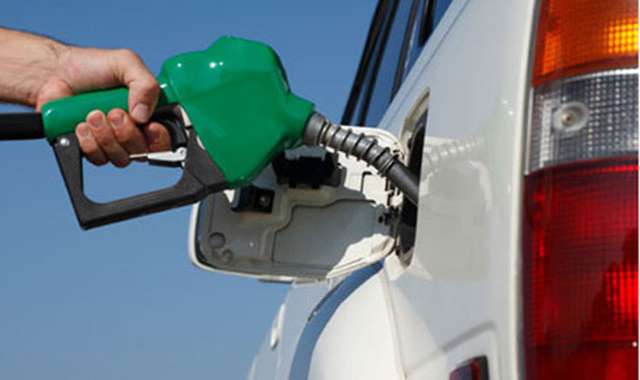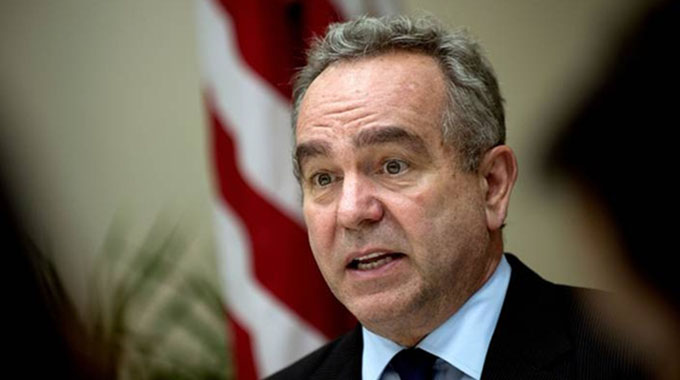Fuel subsidies cost Mozambique huge sums

MAPUTO. – The generalised fuel subsidies practised by the previous Mozambican government, under President Armando Guebuza, led to colossal debts to the fuel distribution companies, which the current government has not yet been able to pay off in full, according to Almirante Dimas, deputy director of hydrocarbons and fuel in the Ministry of Mineral Resources and Energy.
Speaking at a Maputo press briefing, Dimas said that between 2011 and 2014 the Guebuza government ran up a debt to the distribution companies of $330 million.
Although, the current government has abolished indiscriminate fuel subsidies, there remains a debt equivalent to $77 million.
Dimas said the government is committed to clearing this debt, but cannot do so immediately. The compensation for subsidies was thus being paid gradually to the companies. He warned that failure to compensate the companies would run the risk of the country simply running out of fuel.
The government has now unfrozen the fuel prices and reverted to the practice of reviewing the prices every month, and altering them whenever the cost of importing liquid fuel, when expressed in the Mozambican currency, meticais, moves in either direction by more than three per cent.
This mechanism is enshrined in a government decree of 2012, which the Guebuza government simply ignored. The generalised subsidy had perverse effects: it benefitted anyone who owned a car, and therefore subsidised the rich.
Since fuel in Mozambique was cheaper than in neighbouring countries, the subsidy encouraged motorists from South Africa or Zimbabwe to cross the border and fill up their tanks in Mozambique.
The import of liquid fuels is in the hands of IMOPETRO, which is an association of all the fuel distribution companies active in Mozambique. All the companies are obliged to be members of IMOPETRO, and this single import mechanism ensures economies of scale.
Currently a litre of petrol costs about $1.06 US dollars. But IMOPETRO General Director Joao Macandja told the reporters that, if IMOPETRO did not exist, and each fuel company imported its own requirements, the average price of petrol would soar to around 90 meticais a litre.
The return to monthly price adjustments means that Mozambican fuel prices are no longer greatly out of line with those in the rest of the region. Only in Tanzania is petrol significantly cheaper. – Agencia de Informacao de Mocambique










Comments